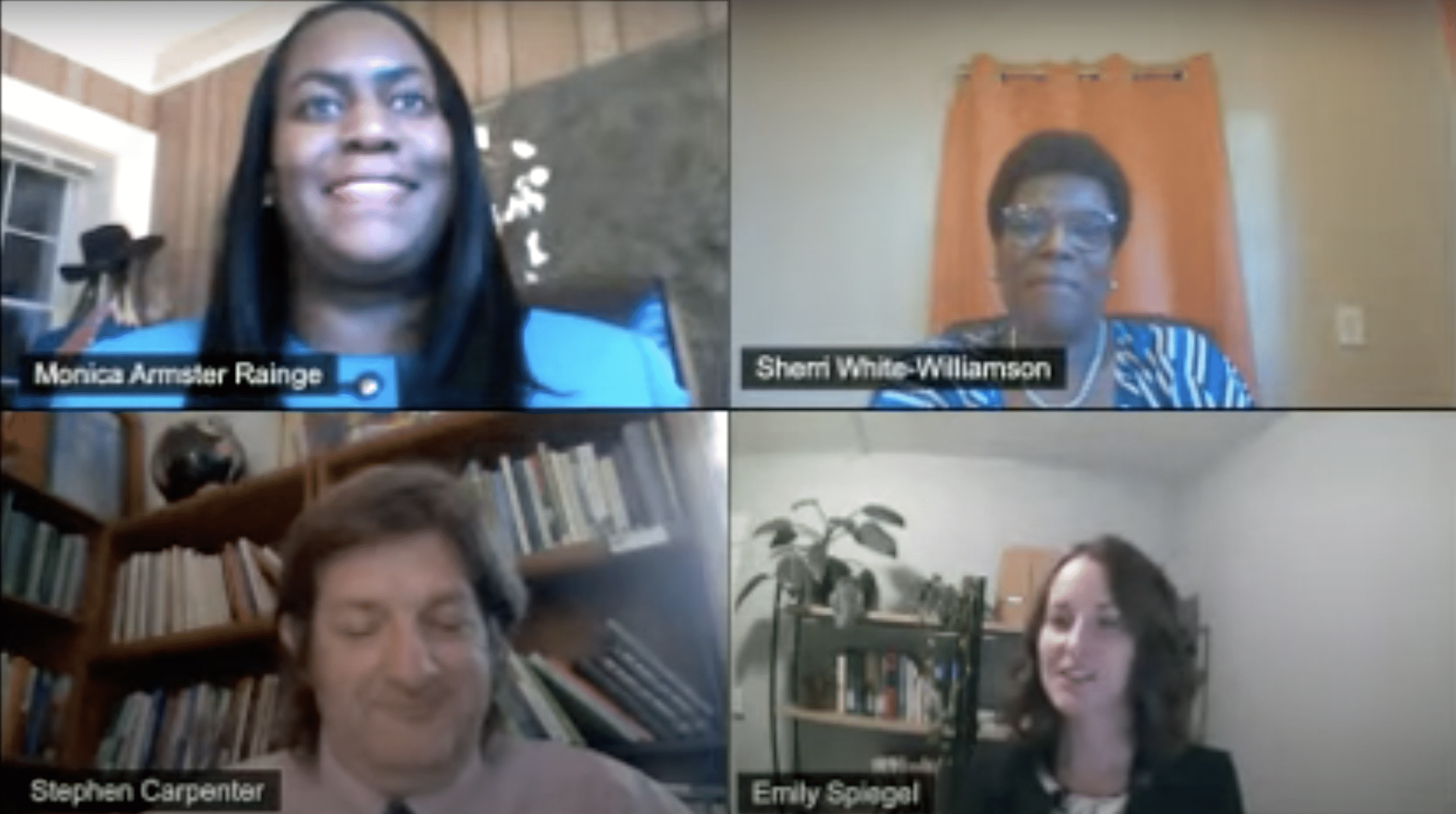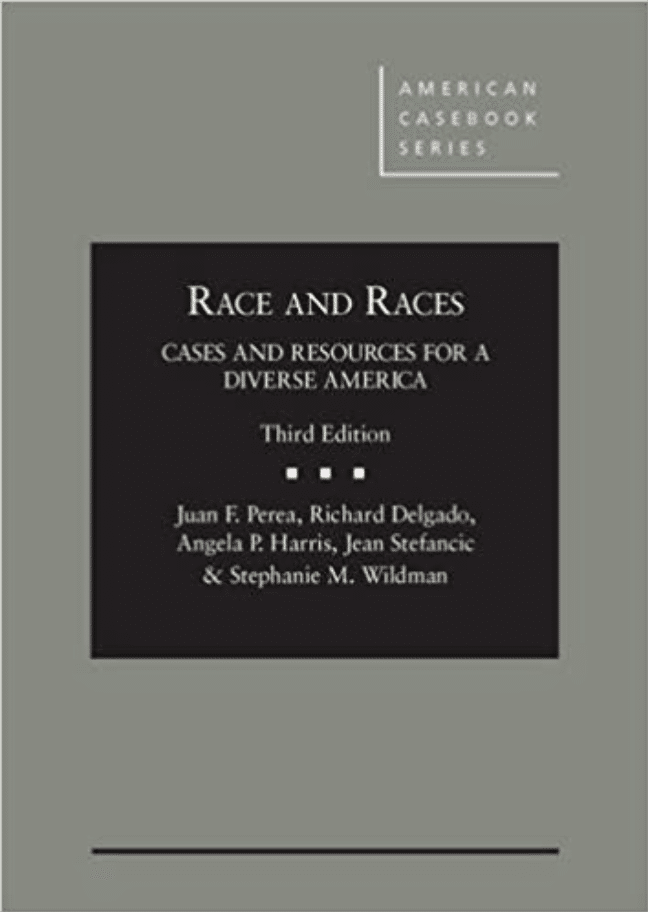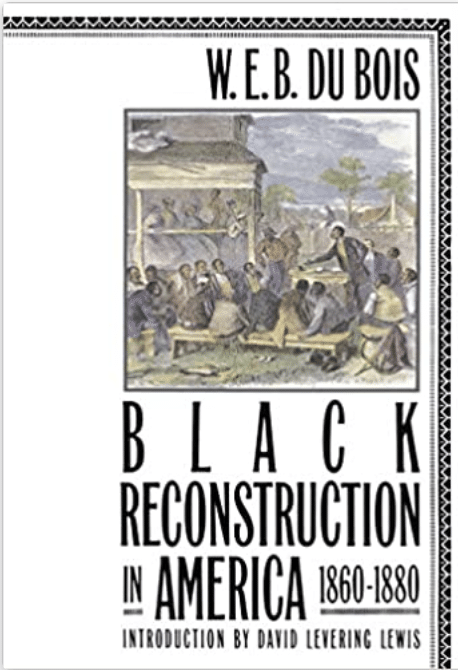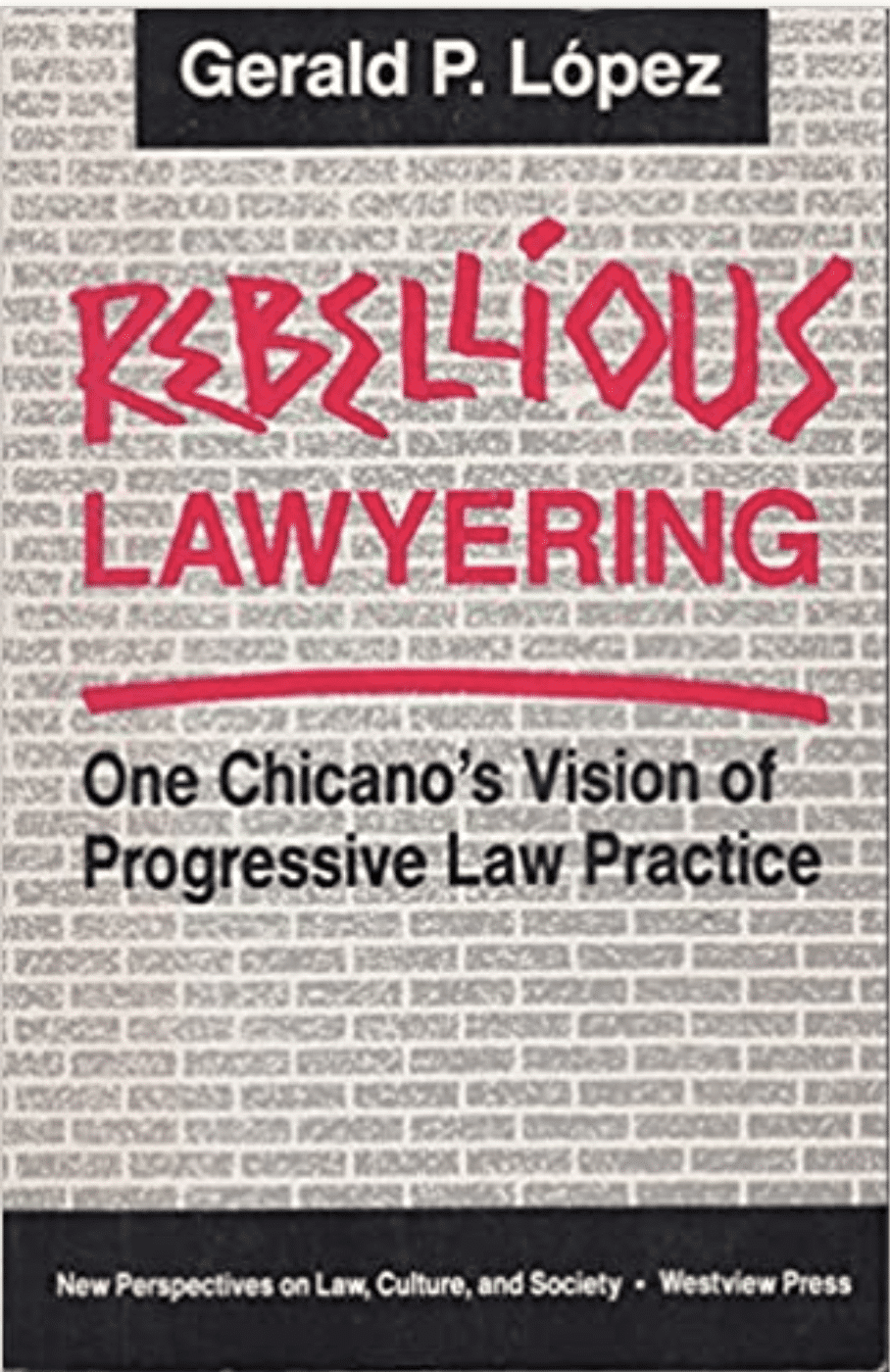September 11, 2020

Last week the Center for Agriculture and Food Systems hosted a panel discussion titled “Rooting Out Structural Racism in American Agriculture.” The event featured attorneys fighting structural racism in U.S. agricultural law and policy: Monica Armster Rainge, Esq., Director of Land Retention and Advocacy at the Federation of Southern Cooperatives/Land Assistance FundFarmers’ Legal Action GroupNorth Carolina Conservation Network. (To catch up on the event, you can watch it on Youtube.)
Moderated by CAFS Professor Emily Spiegel, the guests dove into a discussion of Black land loss, agriculture and environmental justice, and the role of lawyers in rooting out racism in the food system. But the two-hour event only scratched the surface. Ahead, find three of the resources our guests recommended for further reading—and don’t forget to visit their organizations’ websites to learn more about how attorneys are fighting for food and land justice.
Race and Races: Cases and Resources for a Diverse America
By Juan F. Perea, Richard Delgado, Angela P. Harris, Jean Stefancic, and Stephanie M. Widman
 Sherri White-Williamson: “Some years ago, I read a book entitled Race and Races: Cases and Resources for a Diverse America. And there was one sentence that stood out to me that said, ‘The history of land ownership in America is a history of taking land from its occupants and giving it to the conquerors.’ And if you think about history, that’s exactly what has happened here in America.
Sherri White-Williamson: “Some years ago, I read a book entitled Race and Races: Cases and Resources for a Diverse America. And there was one sentence that stood out to me that said, ‘The history of land ownership in America is a history of taking land from its occupants and giving it to the conquerors.’ And if you think about history, that’s exactly what has happened here in America.
… If someone thinks about the relationship between environmental justice and agriculture, this is how they should think of it: It was system of giving and taking. It was a system of setting up barriers so that if Black farmers or low-income white farmers owned land, it was going to be difficult for them to either hold onto the land or for them to purchase land.
…Land means wealth. If you don’t have wealth, then you don’t have anything to transfer. And what we talk about often in environmental justice is generational wealth. So we’ve had a problem with generational wealth for a long time.”
(This book is available in the VLS Library.)
Black Reconstruction in America 1860-1880
By W.E.B. DuBois

…Most of the wealth in this country is based on land ownership. It’s the American dream. So, we have to create policies that create a path for Black land owners to be able to use their land just the same as their white counterpart and neighbor wants to use their land…I oftentimes hear that logic being stated that perhaps African-Americans don’t really want to own their land. And I think that is further from the truth than anything I’ve ever heard.”
Stephen Carpenter: “Everybody who says that should be forced to read W.E.B. DuBois’s book about reconstruction and about the role that the desire for land played as the central aim for those folks who had been enslaved.”
Rebellious Lawyering
By Jerry López
Stephen Carpenter: “If you haven’t read part of it [during] law school, read Gerald López’s Rebellious Lawyering. What López and other people talk about is it’s possible to do litigation, to be a lawyer, and… really emphasize working with grassroots organizations of your clients, of people affected.
The best legal strategy, the best litigation strategy, is the one that is driven by grassroots organizations of Black farmers who know what they need. You’re not in charge. You take direction from them. Leverage your skills through an organization, use lay advocates, train people to help other people to know their rights. And never forget that every litigation is also political.
…You’re familiar with environmental and other organizations that have a very top-down view of litigation: ‘We’re smarter than everybody else. Let’s go file a lawsuit. That’s not what I recommend.’ I recommend hitching yourself to people who are fighting on the ground for their rights.”
(This book is available in the VLS Library.)
*Quotes have been edited for brevity and length.
